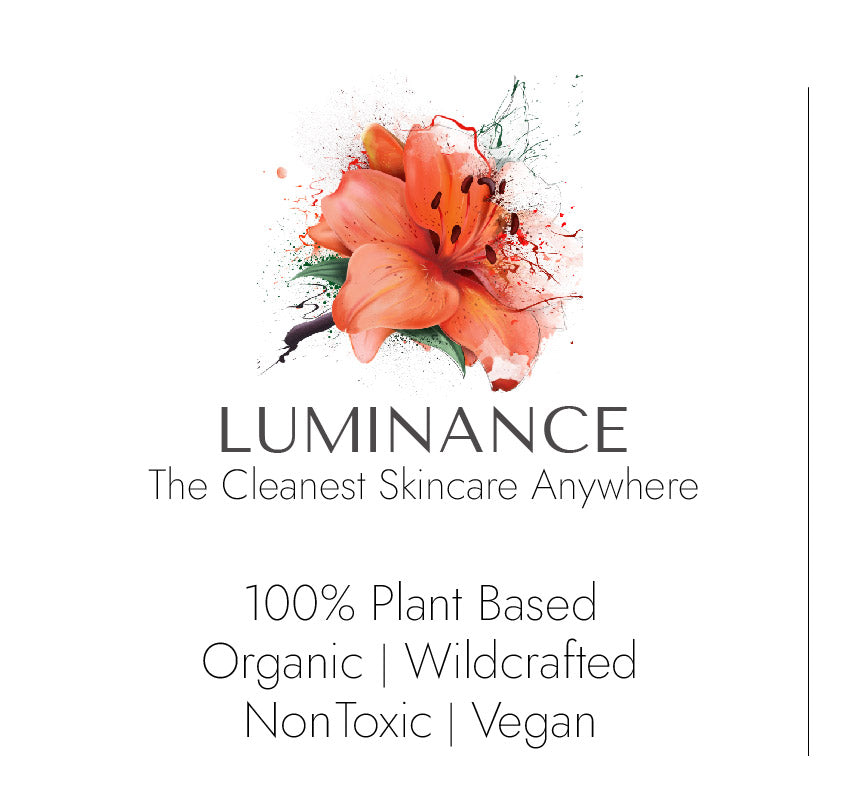Grape Seed Oil is a Lightly Textured, Deeply Penetrating and Versatile Oil That Provides Deep Hydration and Protects Against Free Radicals.

Grape seed oil, extracted from the seeds of grapes (Vitis vinifera), is a popular ingredient in cosmetics and skincare products due to its lightweight texture and myriad of benefits for the skin. Its composition is primarily polyunsaturated fats, making it a choice oil for many looking for a moisturizer that doesn't feel heavy or greasy on the skin.
Let's delve into the primary fatty acids in grape seed oil and their benefits for the skin:
1. Linoleic Acid (Omega-6, approximately 58-78% of grape seed oil's composition):
Benefits:
-
Barrier Enhancement: Linoleic acid helps in strengthening the skin's lipid barrier, promoting better moisture retention and protection from environmental factors.
-
Balances Sebum Production: For acne-prone skin, linoleic acid can assist in regulating oil production, potentially reducing the onset of breakouts.
-
Anti-inflammatory: Exhibits properties that can help reduce skin inflammation, useful for conditions like acne or dermatitis.
2. Oleic Acid (Omega-9, approximately 12-28% of grape seed oil's composition):
Benefits:
-
Deep Moisturization: As an emollient, oleic acid can help in deeply hydrating the skin and is especially beneficial for drier skin types.
-
Enhanced Absorption: It aids in carrying other beneficial ingredients deeper into the skin, enhancing their effectiveness.
3. Palmitic Acid (typically around 5-11% of grape seed oil's composition):
Benefits:
-
Emollient Properties: Helps to lock in moisture and softens the skin.
-
Texture Enhancer: In cosmetic formulations, it can aid in creating a smoother texture.
4. Stearic Acid (generally found in lesser amounts, around 2-4%):
Benefits:
-
Cleansing: This fatty acid can aid in removing dirt, sweat, and excess sebum from the skin.
-
Skin Conditioning: Acts as an emollient, providing a soft and conditioned feel to the skin.
5. Alpha-linolenic Acid (Omega-3, present in smaller percentages in grape seed oil):
Benefits:
-
Anti-inflammatory: Can help soothe inflamed or irritated skin conditions.
-
Hydration Boost: Provides an additional layer of moisture and protection for the skin.
Beyond fatty acids, grape seed oil boasts other skin-beneficial components:
-
Vitamin E: A potent antioxidant, Vitamin E helps protect the skin from environmental damage, particularly oxidative stress caused by free radicals.
-
Proanthocyanidins: These are polyphenolic compounds that also act as antioxidants, offering protection against UV radiation and free radical damage.
-
Phytosterols: These can assist in reducing skin redness and inflammation.
In summary, grape seed oil is a multifaceted oil that offers hydration, protection, and potential anti-acne benefits. Its light texture is often preferred by those who dislike the feeling of heavier oils on the skin. As with all topical products, it's a good idea to patch-test before integrating grape seed oil entirely into a skincare routine to ensure compatibility.




